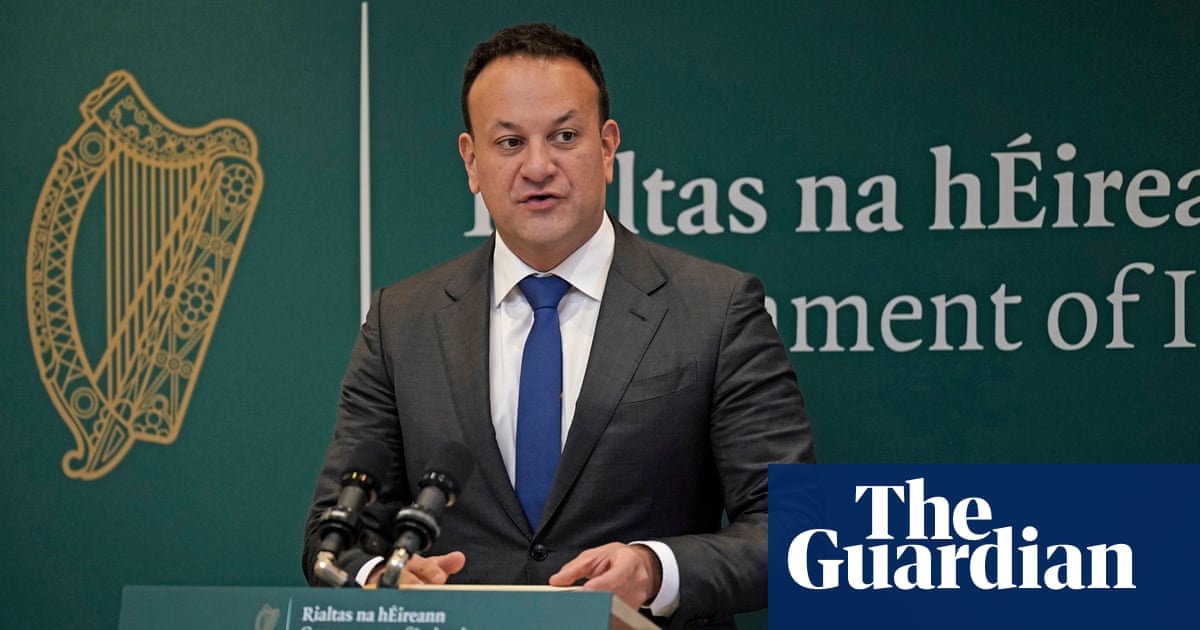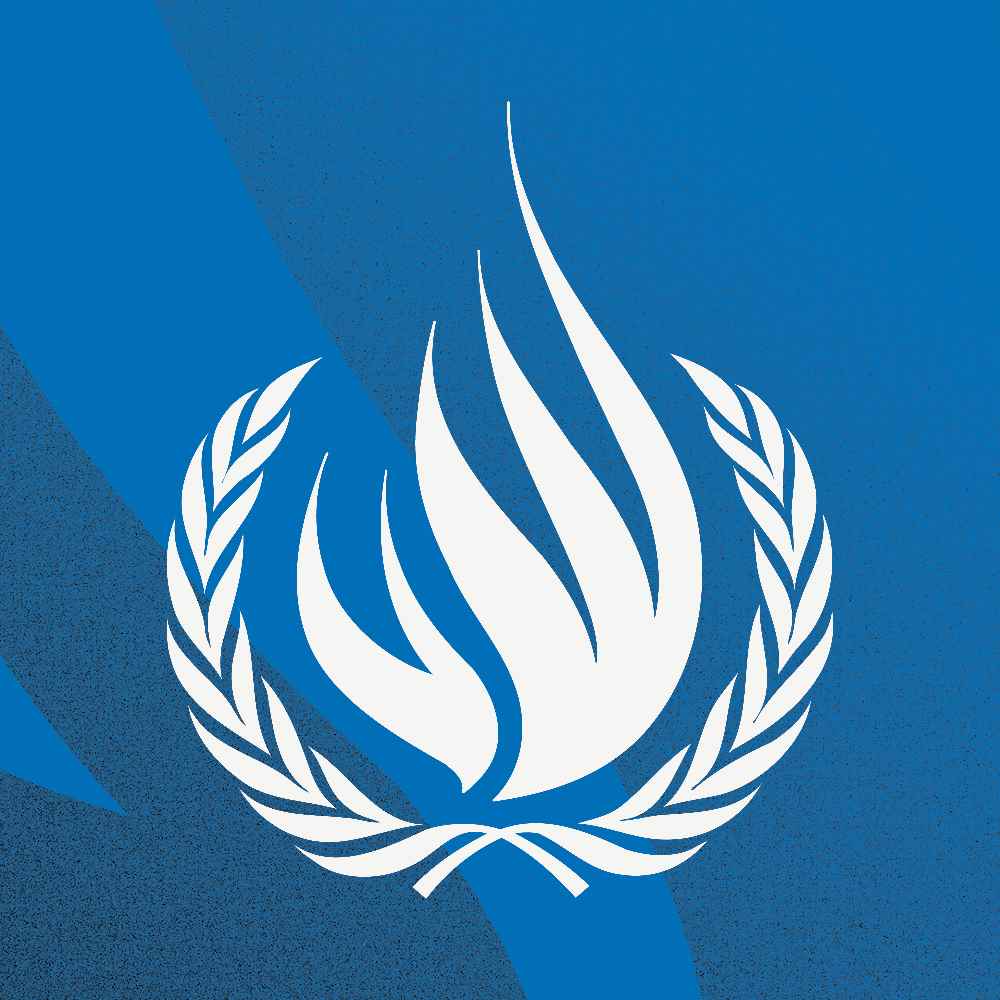
Ireland is to sue the UK over its attempt to halt inquests, civil cases and criminal prosecutions for crimes during Northern Ireland’s Troubles.
Leo Varadkar, the taoiseach of Ireland, said on Wednesday that Dublin would launch an inter-state case against the UK’s so-called legacy legislation under the European convention on human rights.
“It is something that we’re genuinely doing with a sense of regret, and would prefer not to be in this position, but we did make a commitment to survivors in Northern Ireland and to the families of victims that we would stand by them,” the taoiseach said.
The Irish government would seek a judicial review on the basis of legal advice that the legislation breached the convention on human rights, said Varadkar.
The decision will dismay Downing Street and give Conservatives another reason to chafe at the European court of human rights in Strasbourg, which has complicated the UK’s effort to send asylum seekers to Rwanda. It may also undercut efforts by London and Dublin to repair a bilateral relationship frayed by Brexit.
Chris Heaton-Harris, the Northern Ireland secretary, issued a stinging riposte that accused Dublin of failing to investigate Troubles-related crimes committed in the republic.
Ireland’s apparently victim-led approach was “hard to reconcile” with its own record, he said. “At no time since [the Good Friday agreement in] 1998 has there been any concerted or sustained attempt on the part of the Irish state to pursue a criminal investigation and prosecution-based approach to the past.”
A former Irish justice minister had previously admitted that Dublin did not want to investigate Troubles cases, said Heaton-Harris. “The Irish government should urgently clarify the number of criminal prosecutions brought in Ireland since 1998 relating to Troubles cases.”
Heaton-Harris called Dublin’s legal action “misguided” and said it was of “considerable regret” it had not accepted an invitation to engage with the nascent Independent Commission for Reconciliation and Information Recovery (ICRIR). “While this step is disappointing, it is one for which the UK government was prepared,” he said. “We will continue robustly to defend the legislation.”
Sir Jeffrey Donaldson, the Democratic Unionist party (DUP) leader, said Ireland had granted de facto amnesty by not actively pursuing alleged perpetrators.
Other political parties and victims’ rights groups in Northern Ireland welcomed the decision on prosecution, saying it would give hope to families that sought justice for unsolved crimes.
Grainne Teggart, Amnesty International UK’s Northern Ireland deputy director, said: “This challenge is vital for victims here and around the world who face the prospect of similar state-gifted impunity. The UK government doggedly pursued this legislation which shields perpetrators of serious human rights violations from being held accountable.”
The Northern Ireland Troubles (legacy and reconciliation) bill was introduced by Boris Johnson’s administration in 2021 and became law in September. The government said it would draw a line under a conflict that killed more than 3,600 people from 1969 to 1998 and left thousands of cases unresolved. The legislation offers immunity to security force veterans and former paramilitaries who cooperate with a new commission for reconciliation and information recovery.
Heaton-Harris said in September the legislation was a milestone that would help deliver better outcomes for those most affected by the Troubles, while helping society to look forward.
Nationalists and unionists however said it would extinguish hopes for justice, and Troubles victims’ groups mounted a legal challenge at Belfast high court.
Dublin notified the British government of its decision on Wednesday morning before the Irish foreign minister, Micheál Martin, announced it publicly, saying the Irish government had a duty to protect the Good Friday agreement. “I used every opportunity to make my concerns known, and urged the British government to pause this legislation,” he said.
The Council of Europe’s commissioner for human rights and the UN high commissioner for human rights had also expressed concern, said Martin.
Wave, a trauma centre and victims’ rights group, said the legislation, which received royal assent, should never have passed. “It is regrettable that victims and survivors and now the Irish government have to go to the courts to challenge this legally dubious and morally corrupt legislation.”
The Ulster Unionist party reiterated its opposition to amnesties for perpetrators but said the Irish government needed to facilitate investigations on its side of the border. “They have refused to open parallel mechanisms or deal with the very real fact that Ireland was not an innocent bystander in the Troubles,” it said.
There have been more than 30 inter-state cases since the European convention came into force in 1953. There are 13 pending cases, many involving Armenia, Azerbaijan, Georgia, Ukraine and Russia.











